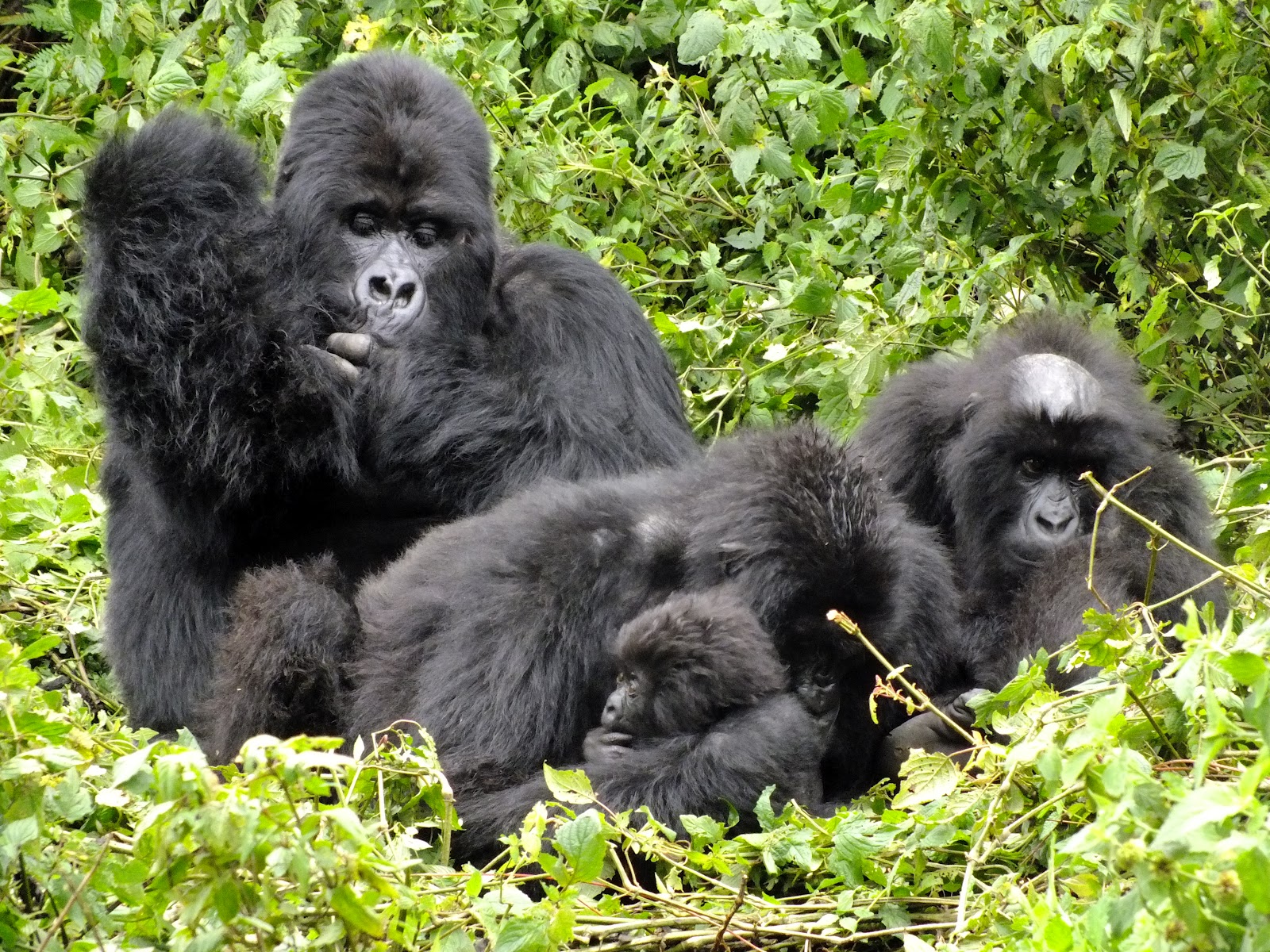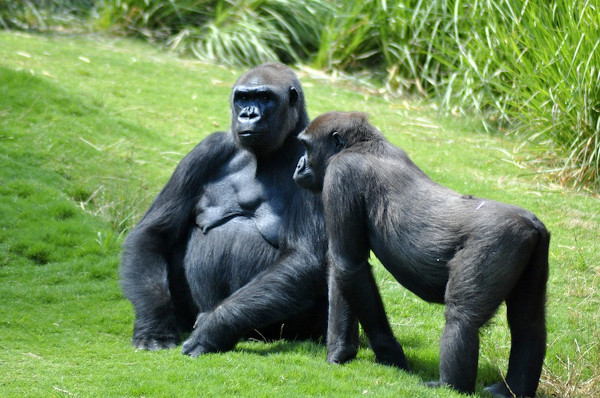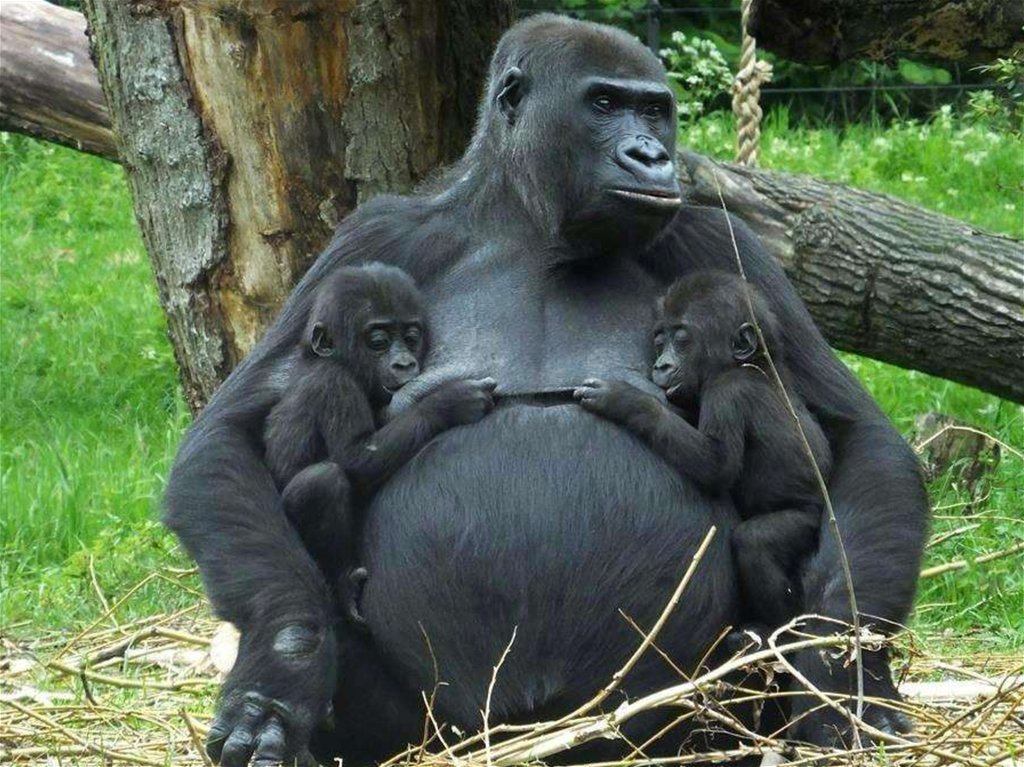In the dense, vibrant forests of the wild, the extroverted nature of gorillas plays a pivotal role in their longevity. Unlike many solitary animals, gorillas thrive in complex social structures where community bonds and active social behavior are central to their well-being and survival.

Gorillas are inherently social animals, forming tight-knit groups that provide crucial support throughout their lives. These groups, known as troops, are more than just collections of individuals; they are dynamic communities where each member plays a specific role. From grooming and playing to sharing food and defending their territory, the interactions within a gorilla troop are vital for maintaining both physical and psychological health.

Research has shown that extroverted gorillas, those that are more socially engaged and interactive, tend to live longer than their more solitary counterparts. This increased longevity is closely linked to several factors rooted in their social behavior:

-
Emotional Support and Stress Reduction: Social interactions within a troop offer emotional support and reduce stress. Gorillas that regularly engage in grooming and playful activities with others experience lower levels of stress hormones, which positively impacts their overall health and longevity.
-
Resource Sharing and Cooperation: In a well-functioning troop, resources such as food and shelter are shared among members. This cooperation ensures that all individuals, including the elderly and the young, have access to essential resources, thereby enhancing their chances of survival.
-
Protection and Safety: Social bonds within a troop provide safety and protection from predators and rival groups. The presence of multiple individuals working together to guard the group increases the likelihood of detecting and defending against threats, thereby contributing to the survival of all members.
-
Social Learning and Development: Young gorillas benefit from the social environment as they learn important survival skills from older, more experienced members. This transfer of knowledge helps them adapt to their surroundings and improve their chances of living a long, healthy life.
-
Mental Stimulation and Physical Activity: The active social life of gorillas keeps them mentally stimulated and physically active. Engaging in social behaviors such as play and communication promotes physical fitness and cognitive health, both of which are essential for a longer lifespan.
The importance of community and social behavior extends beyond immediate interactions. Long-term studies have shown that gorillas with strong social ties are less likely to suffer from chronic illnesses and have a higher likelihood of living into their senior years compared to those with weaker social connections.
In conclusion, the extroverted nature of gorillas and their deep-rooted social behaviors are key factors contributing to their longevity in the wild. The intricate web of community bonds, emotional support, resource sharing, and mutual protection creates a robust support system that enhances their chances of living long and healthy lives. Understanding these dynamics not only sheds light on the fascinating lives of gorillas but also underscores the importance of social connections in the well-being of all living creatures.
